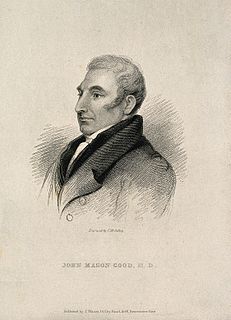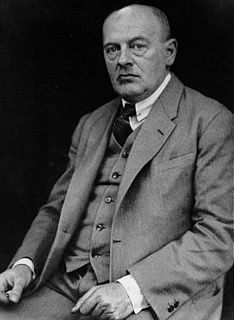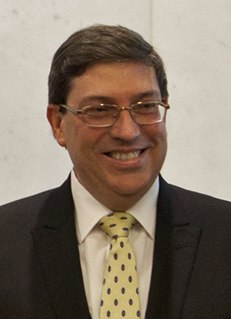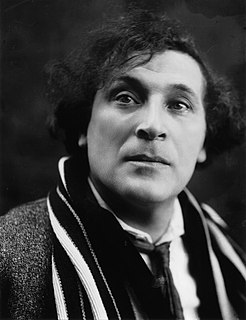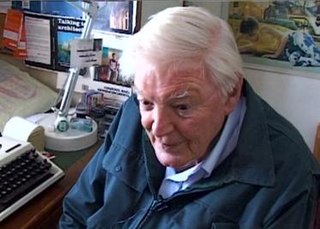A Quote by John Mason Good
The perfection of an art consists in the employment of a comprehensive system of laws, commensurate to every purpose within its scope, but concealed from the eye of the spectator; and in the production of effects that seem to flow forth spontaneously, as though uncontrolled by their influence, and which are equally excellent, whether regarded individually, or in reference to the proposed result.
Related Quotes
There are many pleasant fictions of the law in constant operation, but there is not one so pleasant or practically humorous as that which supposes every man to be of equal value in its impartial eye, and the benefits of all laws to be equally attainable by all men, without the smallest reference to the furniture of their pockets.
When it began, Christianity was regarded as a system entirely beyond the range and scope of human reason; it was impious to question; it was impious to examine; it was impious to discriminate. On the other hand, it was visibly instinct with the supernatural. Miracles of every order and degree of magnitude were flashing forth incessantly from all its parts.
What is the purpose for which Masonry exists? Its ultimate purpose is the perfection of humanity. Mankind it self is still in a period of youth. We are only now beginning to acquire a consciousness of the social aim of civilization, which is man's perfection. Such perfection can never end with physical perfection, which is only the means to the end or spiritual perfection.
Whatever we may say against collections, which present authors in a disjointed form, they nevertheless bring about many excellent results. We are not always so composed, so full of wisdom, that we are able to take in at once the whole scope of a work according to its merits. Do we not mark in a book passages which seem to have a direct reference to ourselves? Young people especially, who have failed in acquiring a complete cultivation of mind, are roused in a praiseworthy way by brilliant passages.
When you are a part of a world that is within an enclosed system, the biggest threat is that the loss of contact with any voice from the outside - a point of reference that is different from you - becomes habitual. The loss of this reference makes the enclosed system seem perfect. I can still feel this kind of threat today, the voice that gives legitimacy to various kinds of enclosure.
Science may explain the world, but we still have to explain science. The laws which enable the universe to come into being spontaneously seem themselves to be the product of exceedingly ingenious design. If physics is the product of design, the universe must have a purpose, and the evidence of modern physics suggests strongly to me that the purpose includes us
The refining influence is the study of art, which is the science of beauty; and I find that every man values every scrap of knowledge in art, every observation of his own in it, every hint he has caught from another. For the laws of beauty are the beauty of beauty, and give the mind the same or a higher joy than the sight of it gives the senses. The study of art is of high value to the growth of the intellect.
In a comprehensive study of all public multiple shooting incidents in America between 1977 and 1999, economists John Lott and Bill Landes found that the only public policy that reduced both the incidence and casualties of such shootings were concealed-carry laws. Not only are there 60 percent fewer gun massacres after states adopt concealed-carry laws, but the death and injury rate of such rampages are reduced by 80 percent.
No matter whether it is their intention or not, almost anything that the rich can legally do tends to help the poor. The spending of the rich gives employment to the poor. But the saving of the rich, and their investment of these savings in the means of production, gives just as much employment, and in addition makes that employment constantly more productive and more highly paid, while it also constantly increases and cheapens the production of necessities and amenities for the masses.
